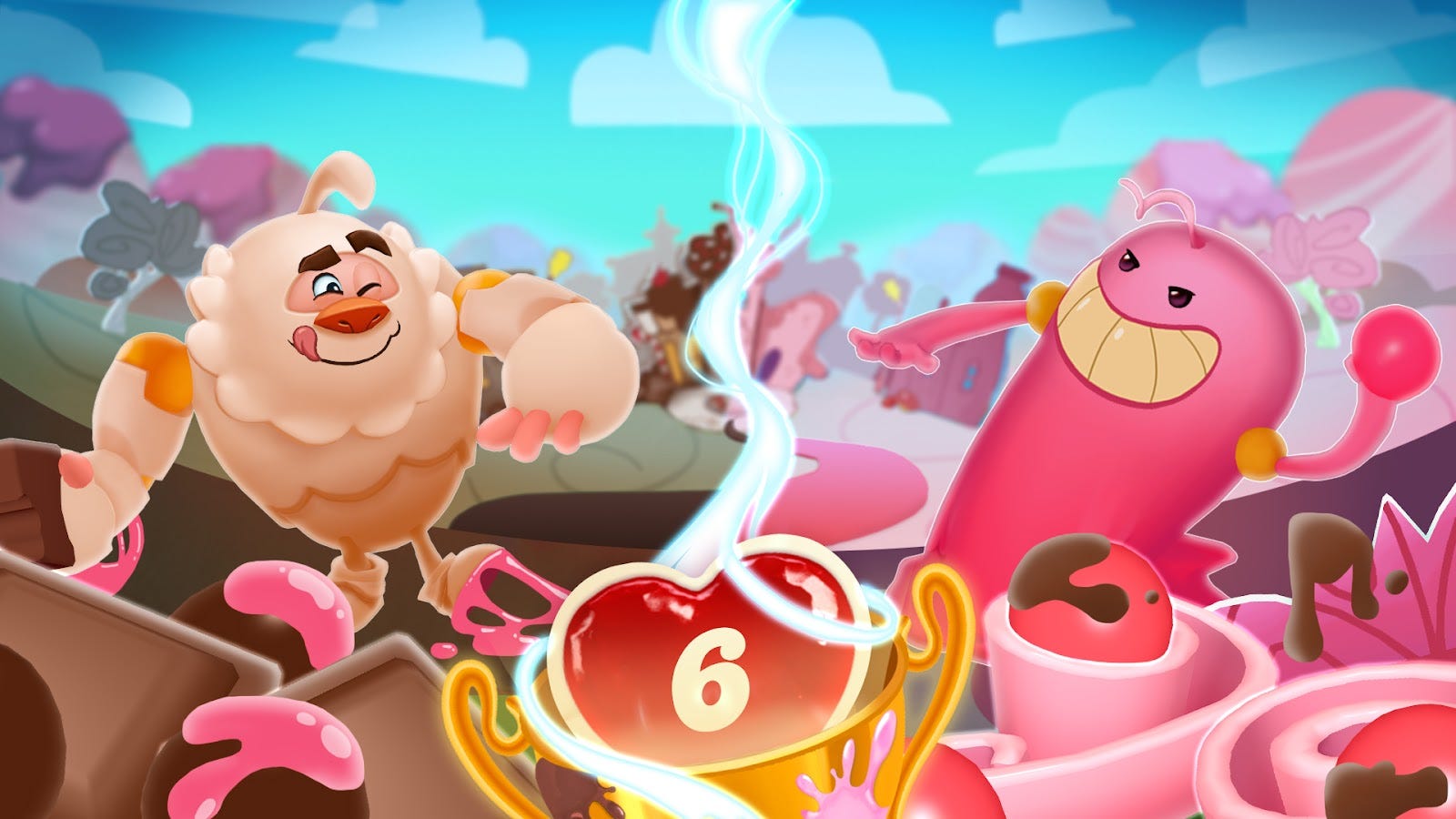What Game Developers Think About AI
"It's at full speed, everywhere." At GDC 2023, executives from King, Sony, Unity, and Level Up mull the present (and future) of artificial intelligence.

You can train artificial intelligence to create the words, visuals, and even narrative of a game.
But can you train A.I. to elicit the fun a great game offers?
Five leading technologists working at the intersection of interactive games and A.I. convened at the Game Developers Conference in San Francisco last month to discuss the effect—good and bad—of tools like GPT-4 and Midjourney on game development. The panel included Mark DeLoura of Level Up Games, Pete Wurman of Sony AI America, Danny Lange of Unity, and Paul Stephanouk and Steve Collins of Candy Crush maker King.
Their conclusion? The use of AI in making games is mostly a good thing—though like any tool, the trick is where to best use it.
"It's very much [about] looking at our organization and figuring out how to adopt AI," said Collins, King's chief technology officer, in introductory remarks. King invested heavily in the area by acquiring Sweden-based Peltarion in 2022, he said, and now employs more than 50 people dedicated to machine learning at scale. "Where can we automate decision points in a way that we think of the holistic success of the player over time?”
A particular challenge, the experts agreed, is how fast AI is evolving. "The tools we're using today are erupting with features," said Stephanouk, and the use cases of a popular tool like ChatGPT are exploding. As the head of creative for the popular franchise Candy Crush, Stephanouk said his team is "using these [AI] tools as interactive prompts" as part of the creative process. "We're already seeing ideation processes that leverage these tools,” he said.
Lange sympathized. "It's at full speed, everywhere," he said, noting that game developers were using generative AI for the creation of graphics, textures, narrative storylines, and more. "It's really gonna change everything on the creative side."
And that's where things get exciting for players. Wurman, who's working on "Gran Turismo Sophy," a racing AI agent for the long-running automotive game series, said game-makers will no longer have to "cheat" to make robot drivers more realistic to race against. "Having a race that feels like you're racing other human drivers? It's really going to change the way these kinds of games are made," he said.
The panel had differing views on where AI would make the most impact in game development. Wurman cited "repeated, low-level work" as the place where AI could help out the most. DeLoura took a more democratic tack: "They're tools that are way more available to everybody," making it more possible for the average high school student to make an engaging game. Lange was excited about "feedback loops" to make good technology even better; Stephanouk was excited about the ability to relate visual criteria to language criteria.
"I almost said the word game-changer," he said, laughing. "Ugh. But it is."
And let's not forget narrative. "Wouldn't it be great to use generative AI to create lore and quests for a player who takes the road less traveled and moves into areas of the game that were not as refined?" DeLoura asked.
Of course AI in games comes with the same concerns as AI everywhere else, and the assembled experts didn't shy away from addressing concerns about training bias and ethically sourced datasets. Wurman cited a science-fiction magazine that had to shut down its story submission process because of a rash of entries by ChatGPT. "If these tools become really easy, people can make games with no effort, low quality, and no artistry in it," he said. "That can become a very noisy environment for players."
Stephanouk agreed. "This is going to commoditize some types of development," he said. "If you think the app store is full of [trash] now, just wait." Still, "authenticity will rise to the top," he said, as players search for signal in the noise and connect more deeply with the developers who lovingly crafted their favorite game title.
Whatever the future(s) of games and AI, Collins reminded the panel's audience—packed to the gills, with hundreds of conference attendees waiting outside the doors—that the biggest factor was the human in between: "It's not a technical problem, necessarily."
Previously:


